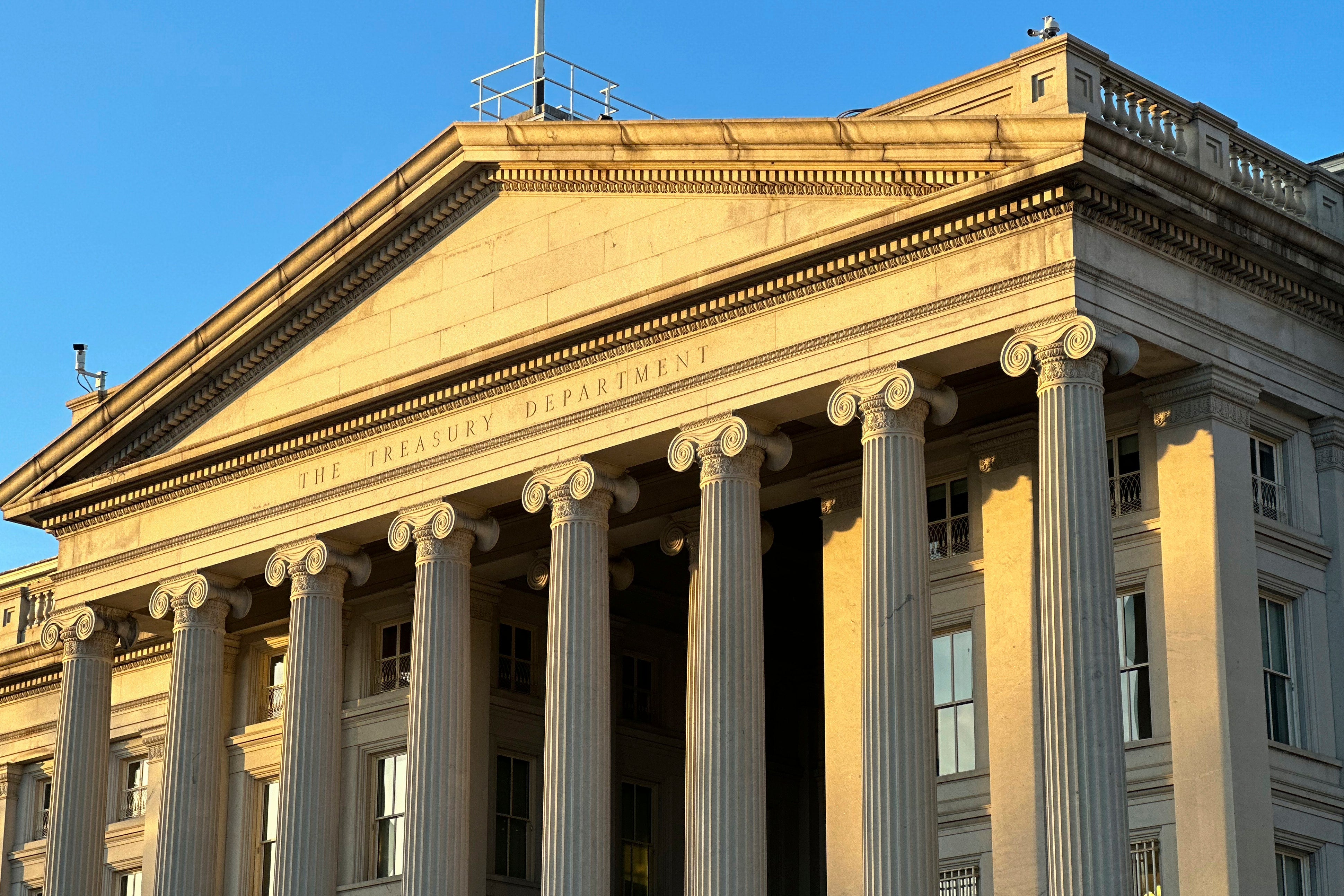Treasury proposes new anti-money laundering regulations for investment advisers
The Biden administration is rolling out new recordkeeping rules for U.S. investment advisers in its continued effort to clamp down on money laundering, illicit finance and fraud in the American financial system

Your support helps us to tell the story
From reproductive rights to climate change to Big Tech, The Independent is on the ground when the story is developing. Whether it's investigating the financials of Elon Musk's pro-Trump PAC or producing our latest documentary, 'The A Word', which shines a light on the American women fighting for reproductive rights, we know how important it is to parse out the facts from the messaging.
At such a critical moment in US history, we need reporters on the ground. Your donation allows us to keep sending journalists to speak to both sides of the story.
The Independent is trusted by Americans across the entire political spectrum. And unlike many other quality news outlets, we choose not to lock Americans out of our reporting and analysis with paywalls. We believe quality journalism should be available to everyone, paid for by those who can afford it.
Your support makes all the difference.The Biden administration is rolling out new recordkeeping rules for U.S. investment advisers in its continued effort to clamp down on money laundering, illicit finance and fraud in the American financial system.
The Treasury Department's Financial Crimes Enforcement Network — known as FinCEN — proposed a regulation on Tuesday that would require investment advisers to develop anti-money laundering programs and file reports with the government when suspicious activity is detected by clients, among other things.
An occupation rife with regulatory gaps that can be exploited to launder money and hide illicit wealth, new regulations for investment advisers would "level the regulatory playing field, protect U.S. economic and national security, and safeguard American businesses,” said FinCEN Director Andrea Gacki in a statement.
The proposal follows other recent announcements by the Biden administration that target financial crime.
Treasury last week proposed a rule that would require real estate professionals to report information to the agency about non-financed sales of residential real estate to legal entities, trusts and shell companies. All-cash purchases of residential real estate are considered at high risk for money laundering. The rule would not require the reporting of sales to individuals.
Additionally, the agency has rolled out a new database on small business ownership. The so-called beneficial ownership registry is expected to contain personal information on the owners of at least 32 million U.S. businesses.
Treasury Secretary Janet Yellen said last month that 100,000 businesses have registered for the new database.
The investment adviser rule “will add further transparency to the U.S. financial system and help assist law enforcement in identifying illicit proceeds entering the U.S. economy,” a FinCen news release states.
A fact sheet states that the rule could be tightened over time to include keeping records on clients’ ownership information.
The White House in December 2021 laid out plans to prioritize anticorruption and bring more transparency to the financial system, “both at home and abroad, and to prevent authoritarians and kleptocrats from parking their ill-gotten wealth in the United States.”
Shortly after the announcement, Treasury conducted a risk assessment and found cases where sanctioned individuals, tax evaders, "and other criminal actors have used investment advisers as an entry point to invest in U.S. securities, real estate, and other assets," according to a Treasury release.
The risk assessment also identified cases of Chinese and Russian individuals using investment advisers to access sensitive information and emerging technology, Treasury said.
Public comment on the rule will be open until April 15.